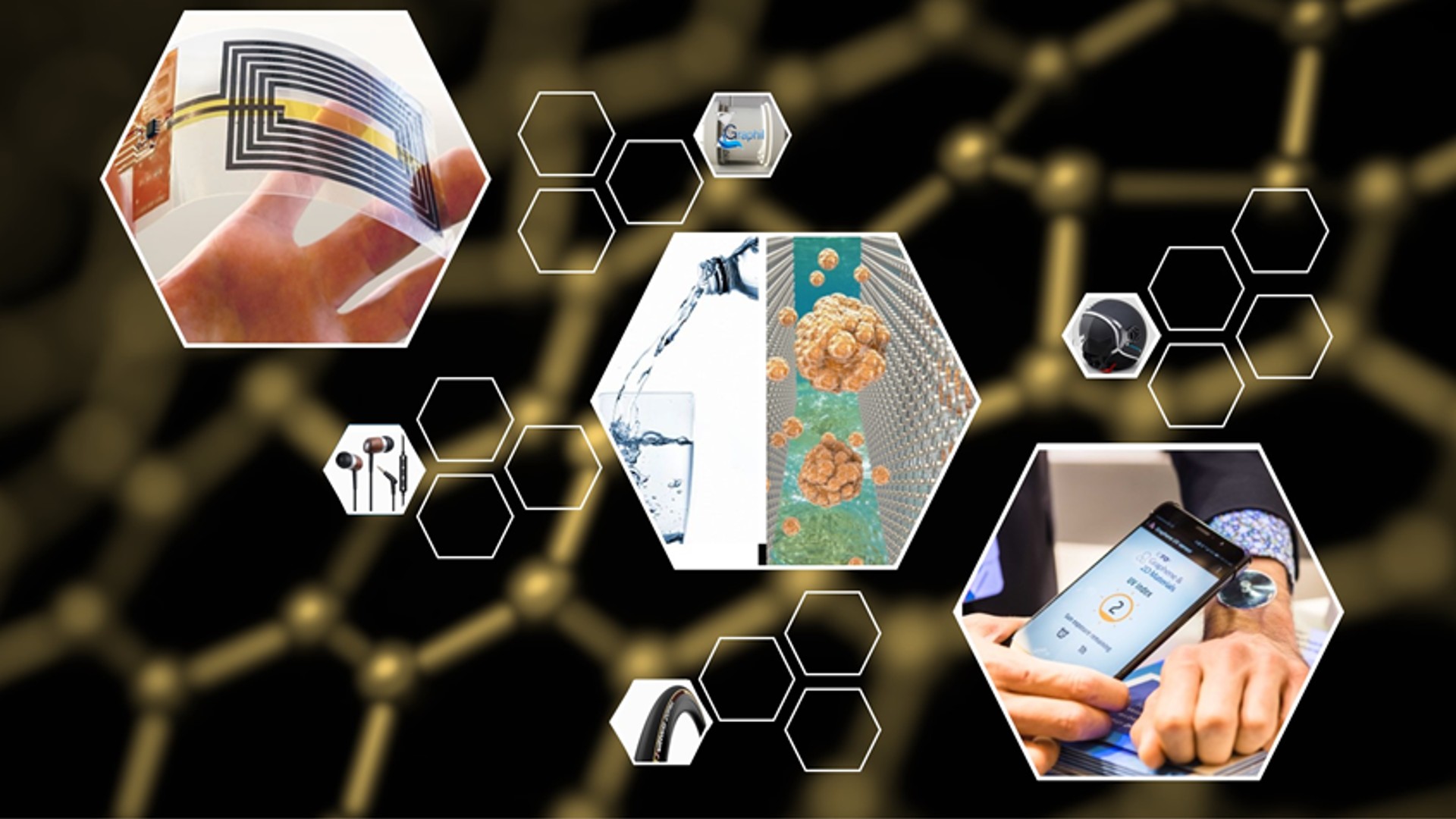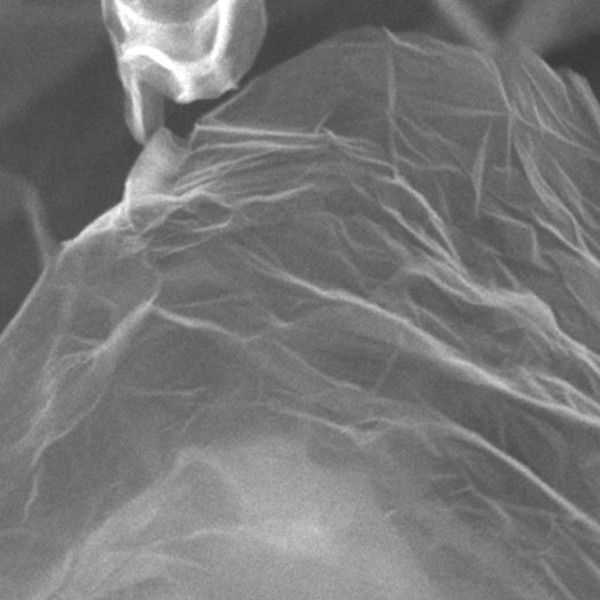
Imagine a future where your mobile phone could be bendable and transparent, your electric flying car could be fully charged within a few minutes and go for more than 1000 km, and your humanoid robot could be self-healing and shapeshifting. This scenario might come to reality thanks to graphene - a two-dimensional (2D) structure of graphite!

Since its ground-breaking discovery in 2004, the unique chemical and physical properties of graphene make it a wonder material for a wide range of industrial applications. Different from other graphene-related courses, in this course, you will get to know the full story of graphene and follow its journey of from lab to market.
How to identify ‘fake graphene’? What are the techniques to make graphene in ton-scale? What types of ‘mismatches’ could occur between graphene providers and end-users? Is graphene alone in the 2D world?
We will answer questions like these in our Tracks course! Besides, you will also have a chance to ‘cook’ graphene by yourself simply using a kitchen blender or a cylindrical battery, and you can use your graphene to make devices such as coin cells or water filters by collaboration with others across program boundaries at Chalmers.
To meet the teachers and hear more from the students who already took the course, watch this video.
We wish you will enjoy the graphene Tracks journey with us!
General information
As an introductory course (7.5 ECTS, advanced level), we provide master’s and PhD students information about mass production of graphene-related materials (GRM), challenges and opportunities in GRM commercialization, and some examples of potential industry-related applications of GRM (i.e., graphene-enabled products such as wearable health monitors, flexible mobile screens, drinking water filters, and next generation batteries, etc).
The course is based on 10 lectures (2 hours each, including guest speakers either from academia or from industry), 3 tutorials (2 hours each), and group projects (lab work). You can select your topic and perform lab activities within 4 weeks – fabricating either energy storage devices or graphene filters for enviromental purposes. You will also organize two seminars by yourself: a mid-term seminar about graphene commercialization, and a final seminar abour your group project.
In general, your final grade will be evaluated on the following items:
1) Online quizzes related to the lectures (20%)
2) Mid-term seminar with peer-review (20%)
3) Final group project seminar (20%)
4) Individual research project report with peer-review (40%)
Prerequisites
Master’s and PhD students at Chalmers, including but not limited to the basic background of materials science, chemistry, physics, biology, microtechnology, and electrical/environmental engineering.
How to apply
Apply to all Tracks courses at universityadmissions.se/antagning.se.
At universityadmissions.se/antagning.se: Search for the course you are interested in by using the course code starting with TRA.
Read more here.
Please add your course transcripts and a short motivation letter to your application.
Details
Teacher: Zhenyuan Xia
Course dates: Study period 4, 2025
Credits: 7.5 ECTS
Course code: TRA210
Application deadline: Open for late applications March 11-28